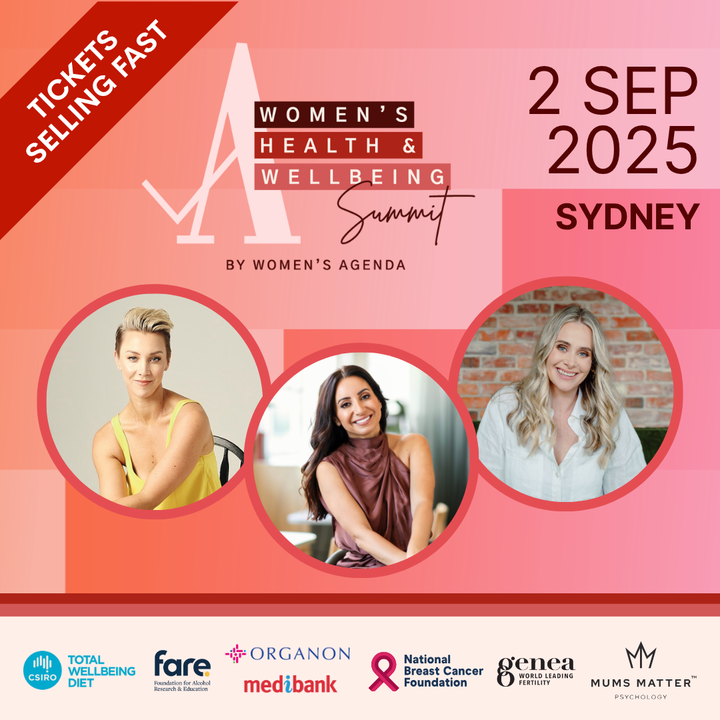In Australia, one in four women over the age of 15 experience violence by an intimate partner.
Behind the shocking headlines of women who have been murdered, there are countless other women and children who are terrorised every day in the very places they should be safe. Given that this form of abuse is so prevalent, it’s still relatively hidden for many of us in our everyday lives and conversations.
We know violence against women stems from gender inequity and thrives in silence and control. The rise in numbers of women seeking to leave abusive relationships is in part due to the increased public discourse about what domestic and family violence looks like, and the many forms it can take.
We’ve come a long way in understanding the signs, causes and impacts of family violence. It is much more than physical or sexual violence. Based around the need for control, it includes emotional abuse, financial abuse, threats against children and pets, coercive control, and monitoring or stalking including the use of sophisticated technology to track and intimidate a current or former partner.
Women are at greater risk of experiencing violence from an intimate partner during pregnancy, as well as recently after birth. Women are at greatest risk after they leave an abusive relationship. These are circumstances that can threaten the power an abuser has over a woman, and perpetrators often escalate the violence in an attempt to regain control.
If you suspect someone may be experiencing abuse, you can help by asking caring questions, listening without judgement, and allowing them time and space to determine what they share and what they want to do next. Someone may not be ready to disclose that they’re experiencing abuse, but they may show signs that something isn’t right. The more present and patient you can be, the more likely they are to feel safe to speak up and seek support.
Many victim survivors are understandably reluctant to share what they are experiencing. Perpetrators often attempt to blame their partner for the violence and attempt to destroy their confidence over time. Leaving a violent relationship is complex, resulting in a higher risk of abuse for women, their children, as well as the very real risk of immediate homelessness and poverty.
Right now, in areas in Victoria where we are supporting hundreds of victim survivors, four out of five of those needing our services require housing as part of an immediate response, and of those, almost half are women with children.
Many women are placed in very basic hotel accommodation without security measures in place for them to feel safe. We are seeing tents in caravan parks pop up, with women and their children facing winter without a home, struggling to cope with the trauma of their experiences. This is simply not good enough and, in some cases, leads women back to their perpetrators.
It’s clear that we must intensify our efforts and look at changes in our society to stem this tidal wave of violence. We welcome the additional funding announced by the Federal Government to support victim survivors fleeing violence, but we must look at broader changes in prevention and support systems.
We need systems that hold men accountable for their actions, including access to behavioural change programs, and more resources to support families who are struggling, so women and children can be safe in their own homes.
While the immediate headlines may fade, we need help keeping the issue alive in the public debate and consciousness for a long time to come. The future of our society depends on it.
Image: Heidi Reid, Executive Director, Strategic Engagement at Berry Street.
***
If you or someone you know is experiencing, or at risk of experiencing, domestic, family or sexual violence call 1800RESPECT on 1800 737 732, chat online via 1800RESPECT.org.au or text 0458 737 732.
If you are concerned about your behaviour or use of violence, you can contact the Men’s Referral Service on 1300 766 491 or visit www.ntv.org.au.


